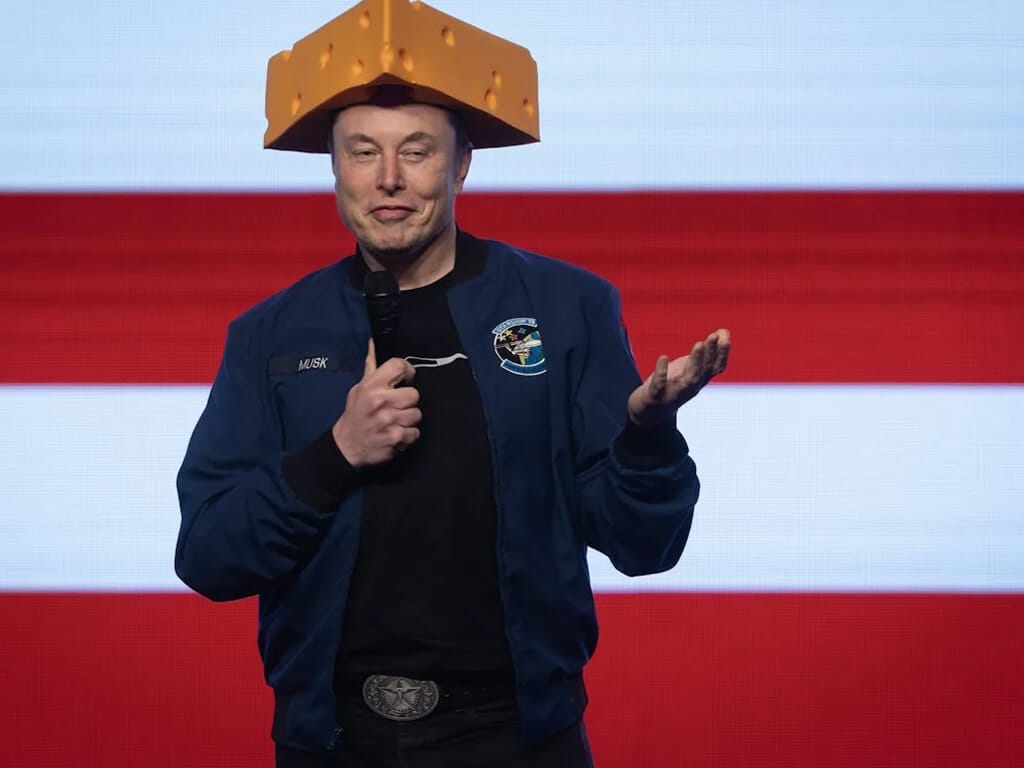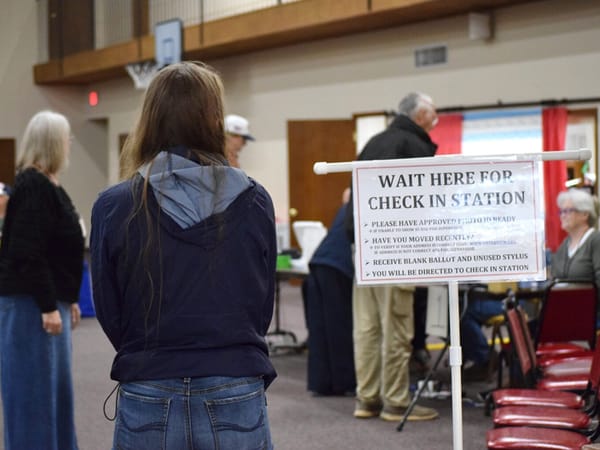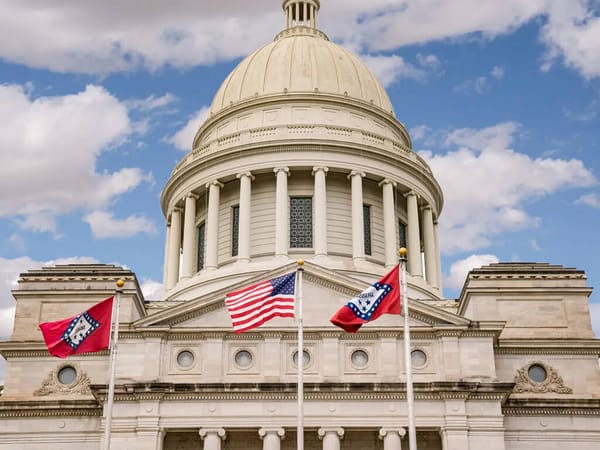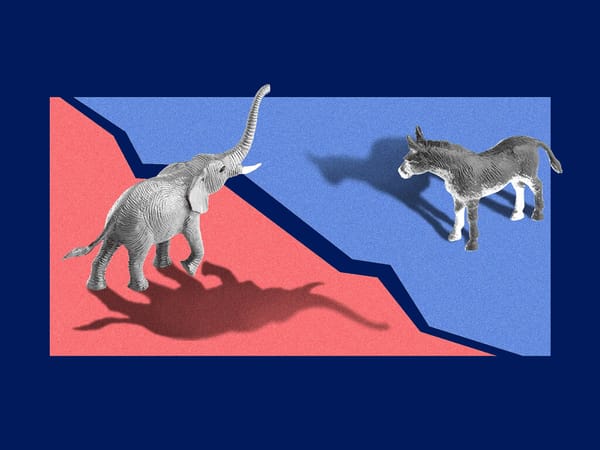Can the New Third Party Impact Arkansas?
Elon Musk has announced plans for a new political party after his split with Trump. In Arkansas, where loyalty to Trump runs deep, the billionaire’s movement faces challenges but could gain traction if voters look for alternatives.

Elon Musk, once a Democrat and later a staunch Trump supporter, has unveiled plans for his own political party after a dramatic break with Trump. Now the billionaire entrepreneur wants a seat at the table of American politics.
Third parties are nothing new in the United States. Even powerful figures, including former presidents, have tried to mount challenges to the Republican and Democratic duopoly, only to fade into irrelevance. Musk risks the same fate. Yet as one of the wealthiest men in the world, with boundless ambition and unmatched media influence, he may still defy expectations. The question is whether he can make inroads in states like Arkansas.
Arkansas’s shifting political loyalties
Arkansas was once considered a Democratic stronghold, defined by white and conservative Democrats who often diverged from the national party’s positions. Over time, however, the state shifted to the Republican column, with GOP influence spreading from the northwest down into the suburbs of Little Rock.
In 2008, Arkansas gave overwhelming support to John McCain, rejecting Barack Obama, the first Black Democratic presidential nominee. By 2012, Republicans had captured both chambers of the state legislature. The state then rallied behind Donald Trump in both of his presidential campaigns, even during his turbulent second run.
Yet Arkansas has also shown a willingness to break from the two party mold. In the pivotal 1968 election, voters supported segregationist Democrat George Wallace, who ran under the newly formed American Independent Party. Along with several other Southern states, Arkansas gave Wallace a significant share of the vote.
That election revealed an important truth: while the conservative northwest and liberal southeast voted along predictable lines, central Arkansas swung heavily toward Wallace. It was a reminder that the state’s political middle has long been open to alternative voices.
How Musk differs
Drawing comparisons between Musk and Wallace would be misguided. Wallace’s campaign was rooted in segregationist politics, while Musk is a billionaire technologist with global reach. Musk’s political identity is also far less defined.
He leans right on many issues and overlaps with Trump’s agenda, but he has staked out more centrist positions on immigration and climate change. At the same time, he calls for strict limits on government spending. This blend of views makes him difficult to categorize and a risky figure for candidates or voters to fully embrace.
Still, Musk has made clear he intends to build something new. He has hinted at launching his political party before the next midterm elections. Since he cannot run for president himself, he will need a figurehead, someone to represent the movement. That decision could shape the party’s future.
What Musk could achieve
In the short term, Musk’s best shot may not be the presidency but local and state offices. With enough money, organization, and strategic leadership, his third party movement could secure seats in legislatures and begin influencing national debates from the ground up.
Whether Arkansas becomes part of that experiment is uncertain. The state remains firmly loyal to Trump, and many of his opponents have already aligned with the Democratic Party. But if Trump stumbles, some voters may grow open to a third option. For many in Arkansas, Democrats are no longer seen as a viable alternative, but a candidate with Republican roots backed by Musk’s resources might resonate.
The road forward
If Musk’s party manages to find credible leadership, winning local or state seats is not out of reach. A Republican leaning figure who speaks clearly on issues such as environmental protection and climate change could attract interest, especially if they deliver a consistent and compelling vision.
And while Arkansas voters remain deeply conservative, one curiosity stands out: their strong appreciation for Tesla. That cultural and economic connection may give Musk a foothold in a state otherwise resistant to political change.





